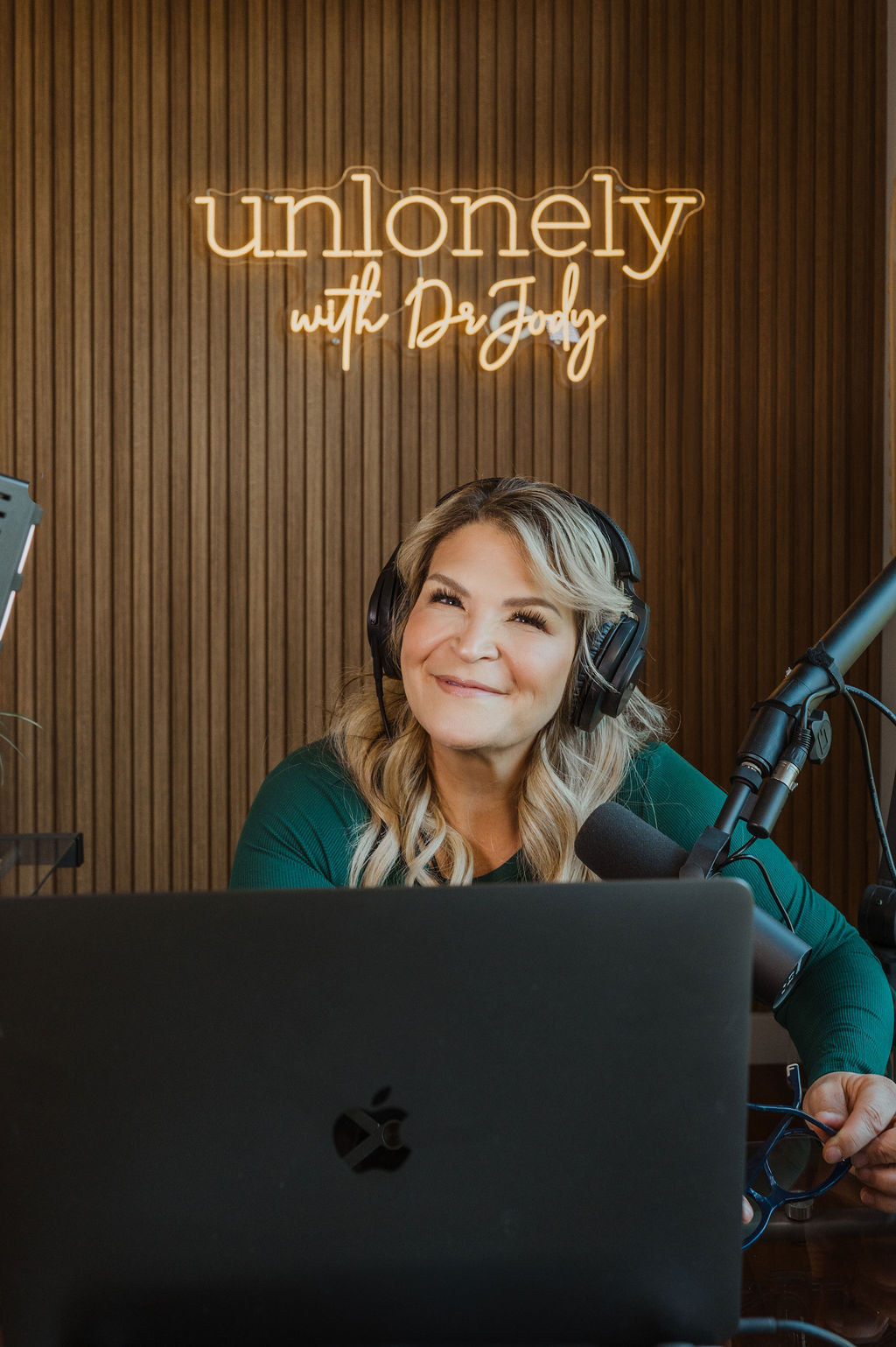Halloween, Thanksgiving, Christmas?! We’re leaning into the months when all the holidays happen, which realistically creates an absolute mountain of stress—especially for women. The task list starts now, and as it grows, so do our stress levels.
But not all stress is bad. A little stress in the short-term (acute stress) is actually a great thing—it keeps us on our toes as it can sharpen focus, boost energy, and improve performance. It essentially primes our brain and body for optimal performance, pushing us to grow, learn, and succeed. Superhero stress.
Real stress-related problems crop up when we experience long-term pressure, when we can’t shake it off or find any reprieve. Tension needs a place to go, it needs to be released and moved through the body.
Let’s walk through what happens when you hang onto stress from a mental-physical perspective:
Your brain has a stress response. When faced with stress, the brain triggers the hypothalamus-pituitary-adrenal (HPA) axis, releasing cortisol and adrenaline. These hormones prepare the body for a fight-or-flight response. A normal amount of this is healthy, but you can’t withstand this kind of action long-term. If you don’t find ways to minimize it, you end up in a state of chronic stress. Trust me, this is more common than you know.
Chronic stress is especially bad for cognition. Prolonged stress can shrink the hippocampus (affecting memory), increase amygdala activity (heightening fear and anxiety), and disrupt neurogenesis. So basically, it can be very damaging to your noggin.
The body keeps the score. Ever noticed how often you get sick on your vacation? Chronic stress elevates blood pressure and weakens the immune system. So, the second you slow down, your body waves the white flag and gives up. Long-term, there are a myriad of other physical impacts that can occur due to prolonged stress in the body.
The emotional consequences are real. Persistent stress is hard on the mind and of course results in a bunch of unhappy campers. Irritability and exhaustion can lead to more serious mood disorders like anxiety and depression.
Here’s the good news. You are in the driver’s seat, and you have access to the best parts of yourself. But you must set aside time to slow down. Drop your shoulders, let out your gut, and breathe. Your entire nervous system can come down within thirty seconds just by doing the breath work. Try it for 10 minutes and notice how the tension dissipates.
Even when we’re flat-out, we must still find moments for tranquility. Be still, on purpose, long enough to let go for a little while. You don’t need to become a yoga-master, you just need to pause and turn your face to the sun. Because if you’re not okay, how are you going to serve the people around you?







Lorem ipsum dolor sit amet, consectetur adipiscing elit. Suspendisse varius enim in eros elementum tristique. Duis cursus, mi quis viverra ornare, eros dolor interdum nulla, ut commodo diam libero vitae erat. Aenean faucibus nibh et justo cursus id rutrum lorem imperdiet. Nunc ut sem vitae risus tristique posuere.